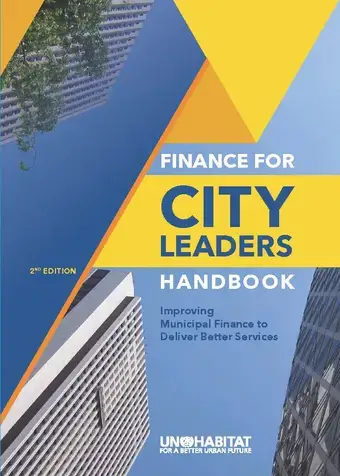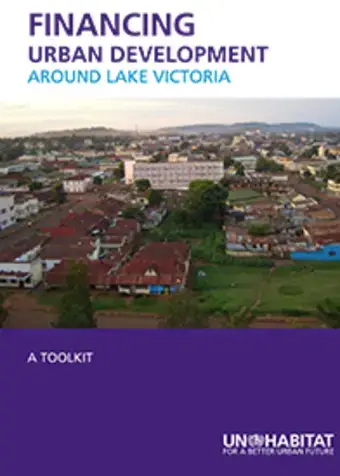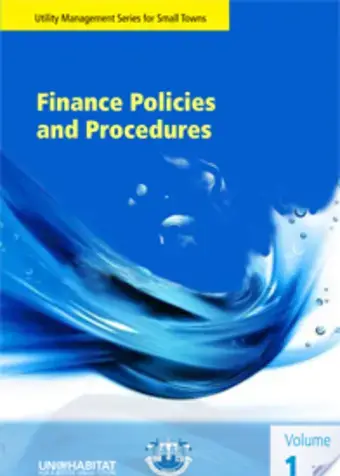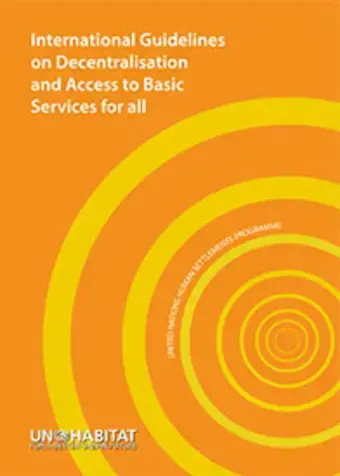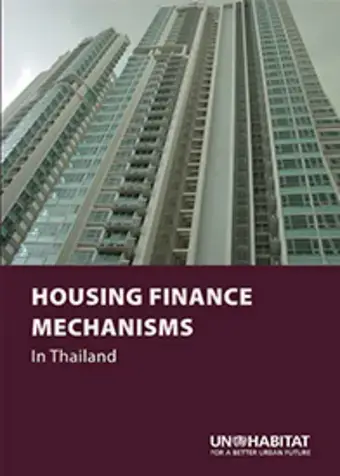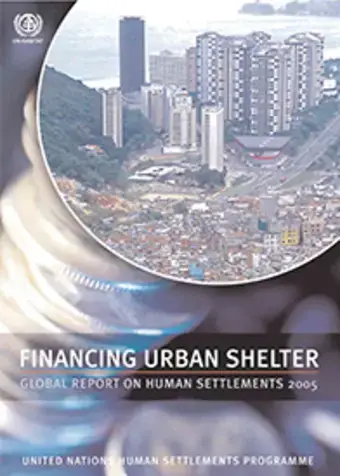In this lecture Marja Hoek Smit argues that housing finance is critical to solve the housing problem, increasing, as it does, the number of households that can afford to acquire a house in the formal market, which in turn will make large scale development of middle and lower middle income housing possible.
